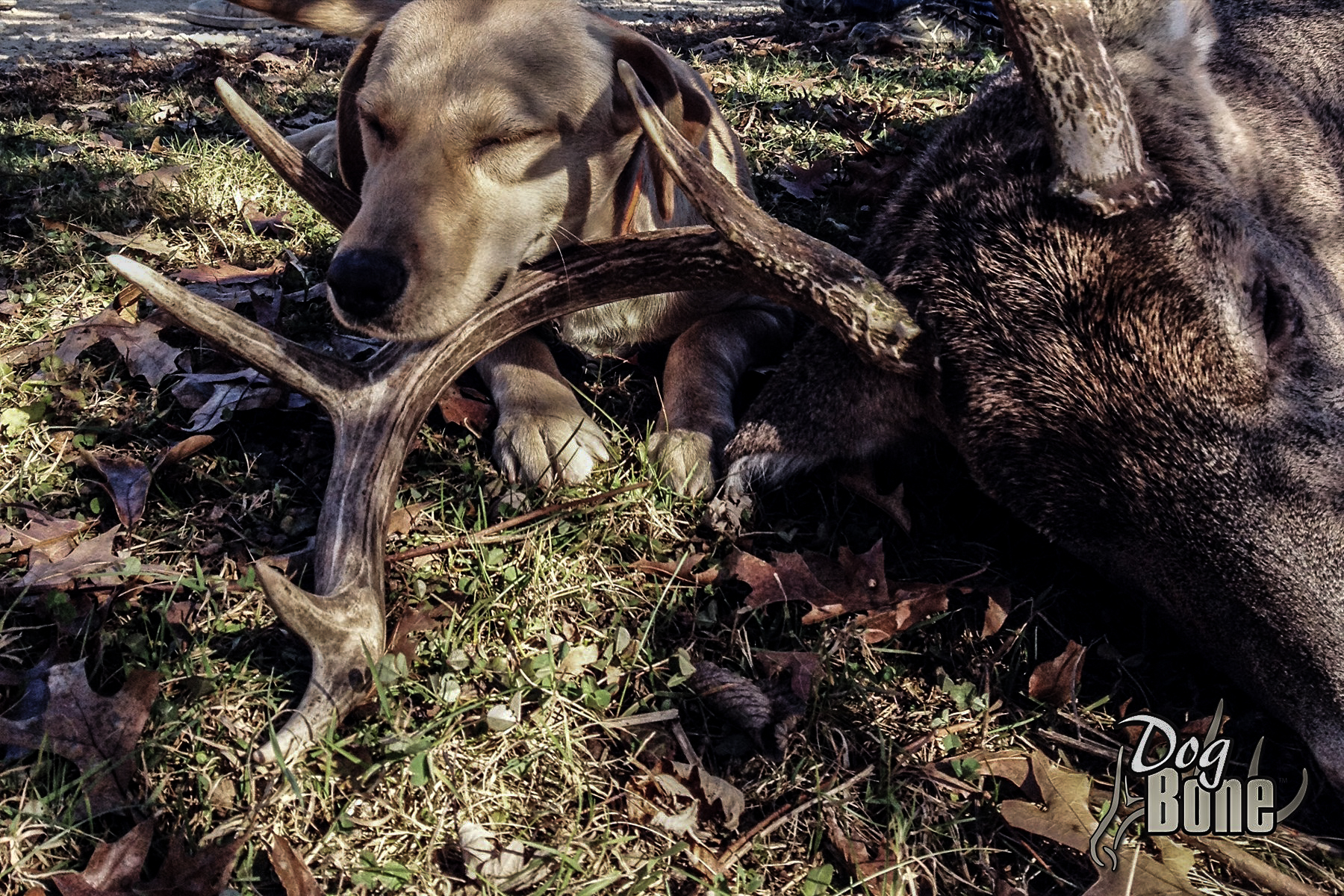“So, how can I train my dog to track a dead deer?” This is probably one of the most often asked questions I hear these days, particularly as fall approaches and deer season is underway. If you’re a dog owner and have aspirations of using them for game recovery, there’s no better time to begin training them to recover deer.
So back to that often asked question, “How can I train my dog to track”? My standard answer comes instinctively, and typically starts off describing the relatively simple approach we take. I explain the steps of introducing our dogs to specific scents in certain situations that allow them to begin putting the pieces of this “puzzle” together. I always want to know what kind of dog you might be training, as different styles of dogs can require different approaches when it comes to training techniques. For myself, I am usually working with retrieving breeds. When you think about it, for my dogs or any retrieving breed, game recovery is nothing more than a long distance game of retrieve.
 A successful tracking mission!
A successful tracking mission!
Recently, I was doing an interview with an outdoor writer about the advantages of using tracking dogs and I got to thinking about things afterwards . . . I really don’t train any of the dogs I work with to track, no different than I really don’t train retrievers to make retrieves. Instead, these are things that they do naturally. They are born with it, it’s been bred into them for centuries, and I am simply doing things in training to bring out those natural traits.
We talked in pretty great detail about the things that I think are often times the most overlooked advantages of having a tracking dog to help you recover your otherwise lost game. The most important point may have been that training a dog for game recovery really isn’t hard. I’ll go so far as saying that it may be the easiest thing I do when it comes to the training process with a deer dog.
Now, I realize that there will be trackers that read that last line and are angered and insulted by the insinuation that training a tracking dog is easy. Let me first say I do not mean to minimize the level of work and commitment that goes into developing a great game recovery dog. But trackers, similar to most any field, craft, or trade include participants that range in levels from what can be considered experts or masters, all the way down to the most novice or amateur levels of handlers.
What I do mean is that I completely believe that just about anyone of any level of training expertise can find success in training just about any dog (breed or age) when it comes to finding mortally wounded animals. A major reason for that goes back to what we talked about earlier when I mentioned that we don’t really train the dog to track, instead we bring out the natural tendencies they already have inside them.
Are you still not sure if you can do this? Here are a few questions for you to think about…
- Do you have a dog?
- Does your dog seem to use its nose around the house or yard?
- Does your dog show you signs of intelligence and a willingness to please you?
- Do you have an interest using your dog to help in game recovery?
If you have answered “yes” to any of these questions, I would say you have what it takes to do it. Now it’s putting it all together and executing the plan.
I think that one of the biggest mistakes many people make when it comes to looking into game recovery dogs is that they are under the assumption that in order to have or train one, they will need to dedicate a ton of time to train it up to “master tracker” status. That’s simply not true. No different than owning a set of golf clubs…just because I own a set doesn’t mean that I must play at the PGA level. I still have the right to play most courses, have as much or as little fun as I would like doing it, and if I happen to hit a hole in one…guess what, it still counts. And that is despite the fact I may only play a few rounds a year and certainly don’t get paid for my efforts! Although I am not great, I really enjoy the game of golf and will get out of it what I put into it. Training a tracking dog can be seen in the same light. The more you put into it, the more you will likely get out of it. If you put some time into training and are able to use your dog to help recover a handful of deer this year or even one that may have otherwise not been, there’s your hole in one and it definitely still counts!
For more information on putting together and executing your game recovery training plan, check out www.dogbonehunter.com







